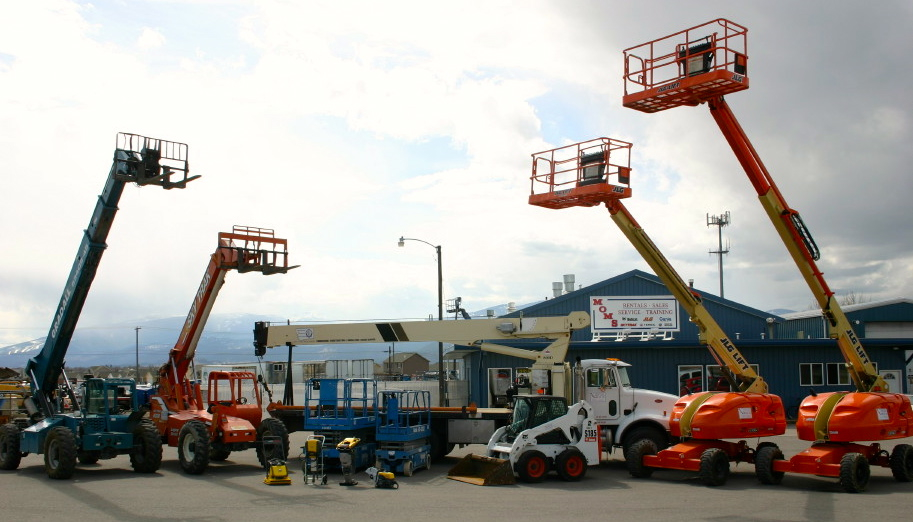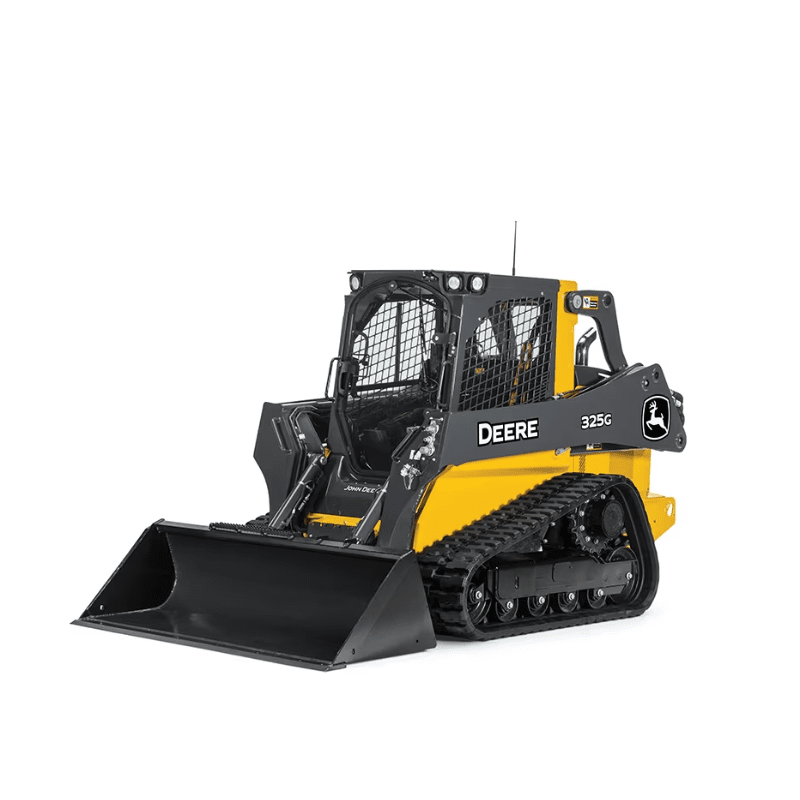Optimize Your Budget Plan by Comprehending the Expenses Related To Construction Equipment Services
Recognizing the full scope of prices related to building equipment services is crucial for maximizing your budget plan. While the preliminary rental fee might appear straightforward, many extra expenditures-- such as transport, fuel surcharges, and maintenance-- can swiftly collect, affecting your economic planning. Being aware of different charges and the ins and outs of rental agreements can aid prevent unanticipated monetary concerns. What approaches can be employed to properly manage these expenses and ensure a much more reliable rental experience?
Introduction of Rental Costs
When considering building and construction devices rentals, understanding the associated prices is vital for efficient budgeting and project preparation. Rental expenses can vary substantially based on numerous aspects, including equipment kind, period of leasing, and place. The initial rental cost frequently reflects the tools's market demand and its connected functional capacities, affecting the total expenditure.
Along with the base rental rate, secondary costs may arise, such as transportation costs, fuel surcharges, and upkeep charges. It is vital to account for these extra expenditures to accurately evaluate the complete price of leasing devices. Additionally, the rental duration can influence pricing; longer leasings might certify for discounted rates, while short-term leasings could sustain higher daily fees.

Breakdown of Rental Rates
A comprehensive understanding of rental prices is crucial for contractors and task managers intending to optimize their budget plans. Rental rates for building tools generally contain numerous elements, including base rates, time-based costs, and use charges.
Base rates are the core costs connected with the leasing of the devices, typically figured out by the type and size of the machinery. These rates can differ substantially, influenced by variables such as tools demand, availability, and local market patterns. Time-based charges, which may be daily, weekly, or monthly, offer to fit different task timelines and rental durations.
Additionally, rental prices might include use charges, which are suitable when equipment is made use of past a specified limit, making certain that the rental business can account for damage. Seasonal need variations can additionally affect rental prices, with peak building and construction periods generally commanding higher costs.
Additionally, recognizing the rental company's policies regarding upkeep and insurance policy can supply additional understanding into the total expense structure. By assessing these parts, specialists can make enlightened decisions, making certain the selection of rental devices straightens with both job needs and budget restrictions.
Added Fees to Think About
Comprehending the intricacies of extra fees is vital for contractors to manage their overall leasing costs properly. Past the basic rental rates, different extra costs can dramatically influence the complete price of tools rental. These fees frequently include shipment and pickup charges, which can vary based on range and logistics associated with transporting the equipment to and from the job site.
Furthermore, some rental business might enforce gas additional charges if the tools is returned with much less fuel than when rented. It is also important to be aware of possible cleansing charges, especially for specialized equipment that calls for detailed upkeep after use.

Thoroughly reviewing the rental arrangement and clearing up these additional costs in advance can help service providers make sure and avoid unanticipated expenses that spending plans stay intact throughout the job lifecycle.
Maintenance and Repair Service Expenses
Normal repair and maintenance costs are often forgotten elements that can dramatically influence the total cost of building and construction equipment leasings. When renting tools, it is critical to take into consideration not just the rental fees yet also the possible expenses connected with keeping the machinery in optimum operating condition.
Lots of rental firms include fundamental upkeep as component of the rental agreement; nevertheless, extra unanticipated break downs or substantial fixings can result in additional costs. It's necessary to review the rental contract thoroughly to comprehend what upkeep solutions are covered and what responsibilities fall on the renter.
Additionally, devices that is not properly maintained can bring about inefficiencies on duty site, potentially triggering delays and boosting job expenses. To alleviate these dangers, it is suggested to perform normal examinations and keep open interaction with the rental service provider concerning any issues that arise during use.
Insurance and Liability Costs
Insurance and responsibility prices are essential parts that can dramatically affect the general expense of construction equipment services (construction equipment rentals). These costs ensure that both the rental firm and equipment operators the customer are secured from prospective financial losses arising from crashes, damages, or theft during the rental duration

Furthermore, customers ought to understand any kind of deductibles or exemptions in the insurance plan, as these can affect prospective out-of-pocket expenditures. Comprehending the terms and problems of any kind of insurance protection is vital to prevent unanticipated costs. Eventually, budgeting for insurance and obligation expenditures can help guarantee a smoother rental experience and shield against monetary dangers linked with building tasks.
Conclusion
To conclude, a comprehensive understanding of the expenses connected with building and construction equipment services is important for reliable spending plan management. By evaluating rental prices, added costs, maintenance expenses, and insurance coverage individuals, needs and organizations can reduce unforeseen expenditures. This tactical method not only improves cost-effectiveness however likewise guarantees that jobs advance smoothly and effectively. Eventually, notified decision-making relating to devices leasings adds to the general success of building ventures.
Rental prices can differ dramatically based on a number of heavy equipment transport near me aspects, consisting of tools kind, duration of rental, and location (dozer rental). The rental period can influence prices; longer services may certify for reduced rates, while short-term leasings might incur greater everyday charges
By conducting detailed research and involving with trusted rental firms, contractors can successfully navigate the intricacies of rental pricing, ultimately optimizing their economic sources.
Past the typical rental prices, different additional fees can substantially impact the overall price of tools leasing. Rental companies often give liability insurance policy that covers injuries to 3rd events or damages to building, while equipment damage insurance coverage can cover the expense of repair work or replacement if the rented out tools is damaged.